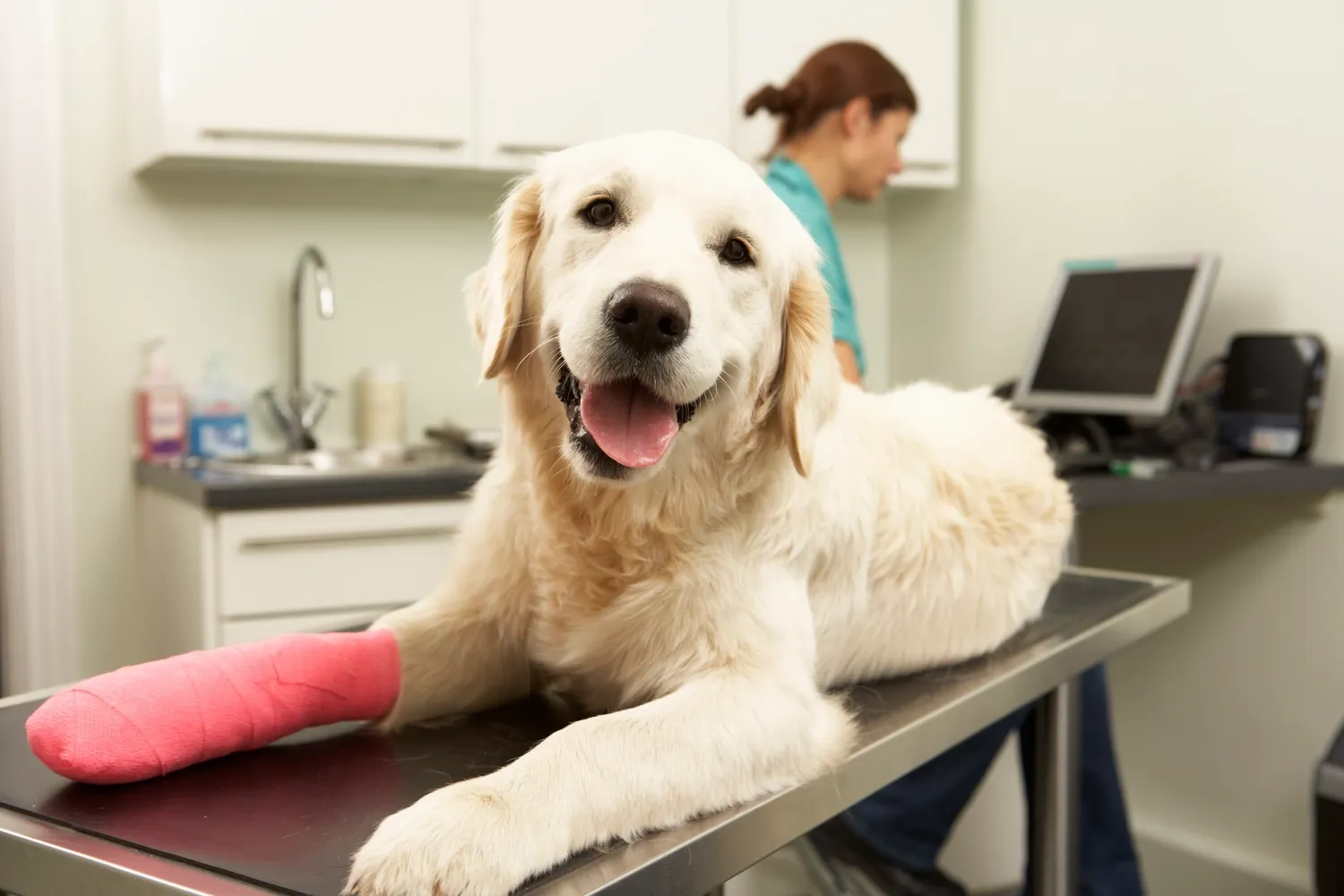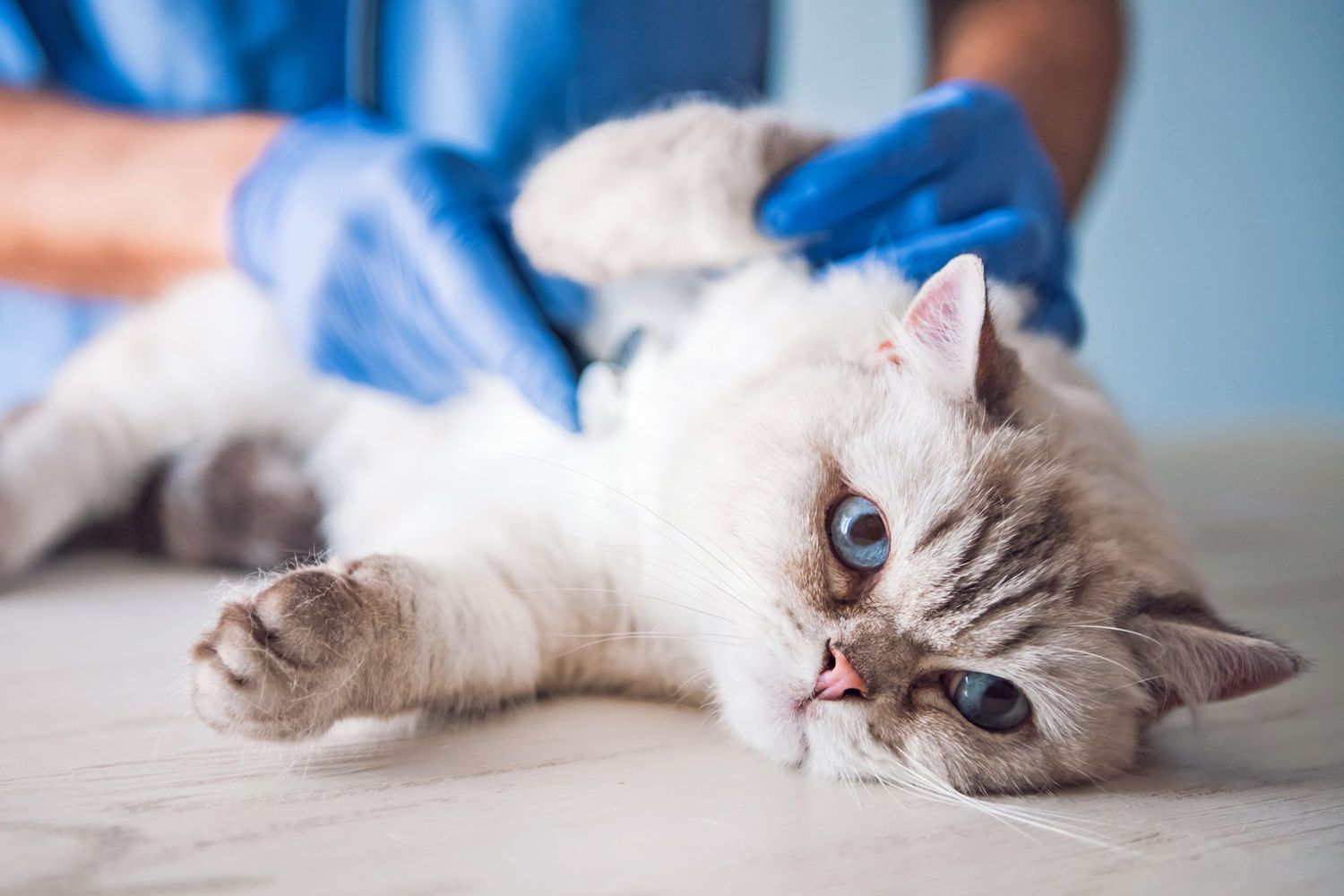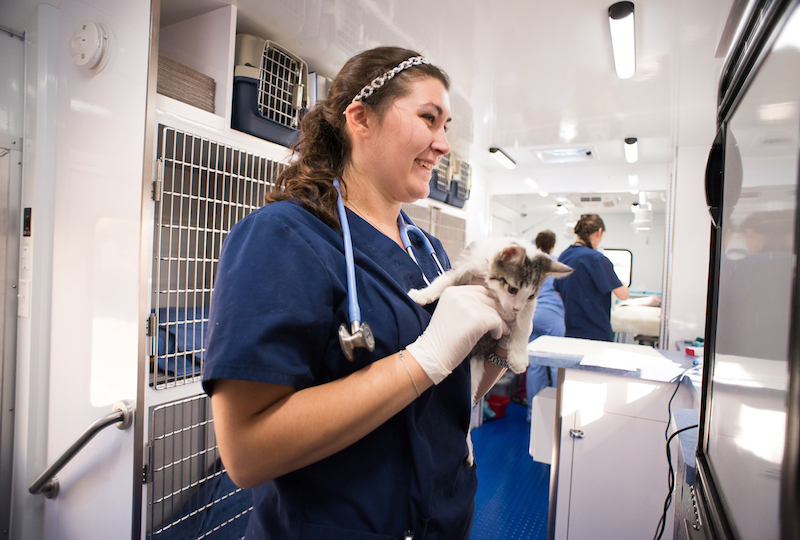An animal hospital in Fremont CA, also known as a veterinary hospital, is a specialized medical facility that provides comprehensive healthcare services for animals. These hospitals are staffed by veterinarians, veterinary technicians, and support staff who are trained to diagnose and treat various medical conditions in animals. Here are key features and services typically offered by animal hospitals:
- Medical Examinations:
- Animal hospitals conduct routine medical examinations for pets and other animals. These check-ups help detect and address health issues early on.
- Emergency and Critical Care:
- Animal hospitals are equipped to handle emergency situations and critical care for animals. This includes trauma cases, poisoning, and other urgent medical conditions.
- Surgery:
- Surgical procedures are performed in animal hospitals, ranging from routine surgeries such as spaying and neutering to more complex surgeries like orthopedic procedures and tumor removals.
- Diagnostic Imaging:
- Animal hospitals have diagnostic imaging capabilities, including X-rays, ultrasounds, and other imaging techniques to aid in the diagnosis of medical conditions.
- Laboratory Services:
- On-site laboratories allow for the analysis of blood, urine, and other samples. This facilitates quick and accurate diagnoses for various illnesses.
- Dental Care:
- Animal hospitals provide dental examinations, cleanings, and treatments to maintain the dental health of pets. Dental care is crucial for preventing oral diseases.
- Pharmacy Services:
- Many animal hospitals have on-site pharmacies to dispense prescribed medications for pets. This ensures convenient access to necessary medications.
- Vaccinations and Preventive Care:
- Animal hospitals offer vaccinations to protect pets from common diseases. They also provide preventive care measures, including parasite control and wellness programs.
- Specialized Care:
- Some animal hospitals specialize in specific areas such as dermatology, ophthalmology, cardiology, or oncology. These specialized services cater to animals with unique healthcare needs.
- Rehabilitation and Physical Therapy:
- Rehabilitation services, including physical therapy, may be offered to animals recovering from surgeries, injuries, or those with chronic conditions. These services aim to improve mobility and overall well-being.
- Nutritional Counseling:
- Animal hospitals provide guidance on nutrition and dietary requirements for pets. Veterinarians may recommend specific diets based on an animal’s age, health condition, or dietary restrictions.
- Behavioral Counseling:
- Behavioral issues in pets can be addressed through counseling provided by veterinarians. This includes guidance on training, managing anxiety, and addressing behavior problems.
- Microchipping and Identification:
- Many animal hospitals offer microchipping services to help identify and reunite lost pets with their owners. Microchipping involves implanting a small identification chip under the skin of the animal.
- End-of-Life Care:
- Animal hospitals provide compassionate end-of-life care services, including euthanasia when necessary. Veterinarians offer support to pet owners facing difficult decisions.
Choosing the right animal hospital is essential for the well-being of pets. Factors to consider include the hospital’s reputation, the qualifications of the veterinary staff, the range of services offered, and the facilities available. Regular veterinary visits to an animal hospital are crucial for maintaining the health of pets throughout their lives.



